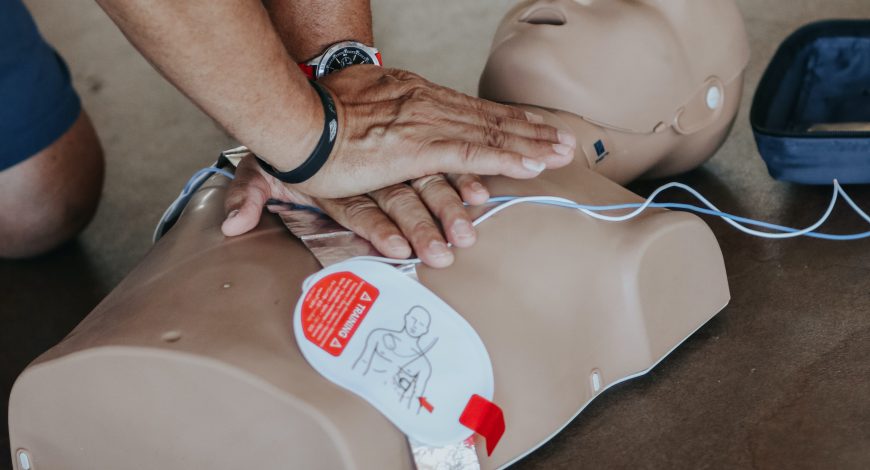CPR or Cardiopulmonary Resuscitation is a critical life-saving technique used to sustain blood flow and oxygen circulation in the event of cardiac arrest. It is a skill that can be learned through CPR training, which equips individuals with the knowledge and confidence to respond effectively in emergency situations. Let’s explore the numerous benefits of CPR training and how it empowers individuals to make a difference and save lives.
- Immediate Response: The most significant advantage of CPR training is the ability to provide an immediate response when faced with a cardiac arrest or other life-threatening emergencies. By initiating CPR, trained individuals can bridge the gap between the occurrence of an incident and the arrival of medical professionals, increasing the chances of survival.
- Saving Lives: CPR training has the power to save lives. The prompt initiation of CPR can maintain vital blood circulation, supplying oxygen to the brain and other vital organs until advanced medical help is available. Research has consistently shown that early CPR significantly improves survival rates from cardiac arrest.
- Increased Confidence and Preparedness: CPR training instills confidence and preparedness in individuals, allowing them to remain calm and take immediate action during emergencies. The knowledge and skills gained through training enable individuals to respond quickly, effectively, and potentially save lives.
- Enhanced Safety at Home and in the Community: When more people are trained in CPR, the overall safety of communities improves. By encouraging CPR training, you can create a safer environment where individuals are equipped to respond to emergencies, be it at home, in public spaces, or during community events.
- Workplace Safety Compliance: Many workplaces, especially those with higher risk factors, require employees to be CPR certified. By completing CPR training, employees meet legal requirements and contribute to creating a safer work environment. This can also positively impact workplace culture and employee morale.
- Empowering Parents and Caregivers: CPR training is especially valuable for parents and caregivers. Children are vulnerable to accidents and sudden health issues. By obtaining CPR training, parents and caregivers can be prepared to respond swiftly and confidently, potentially saving their child’s life.
- Teamwork and Collaboration: In emergency situations, effective teamwork and collaboration are crucial. CPR training often emphasizes the importance of communication, coordination, and collaboration with others present at the scene. This fosters a sense of community and encourages individuals to work together to maximize their life-saving efforts.
CPR training is a skill that holds immense value, providing individuals with the power to save lives in critical situations. From immediate response and increased confidence to workplace compliance and enhanced safety in communities, the benefits of CPR training are undeniable. By investing in CPR training and encouraging others to do the same, we can create a society where more lives are saved and emergencies are met with swift and effective action.

